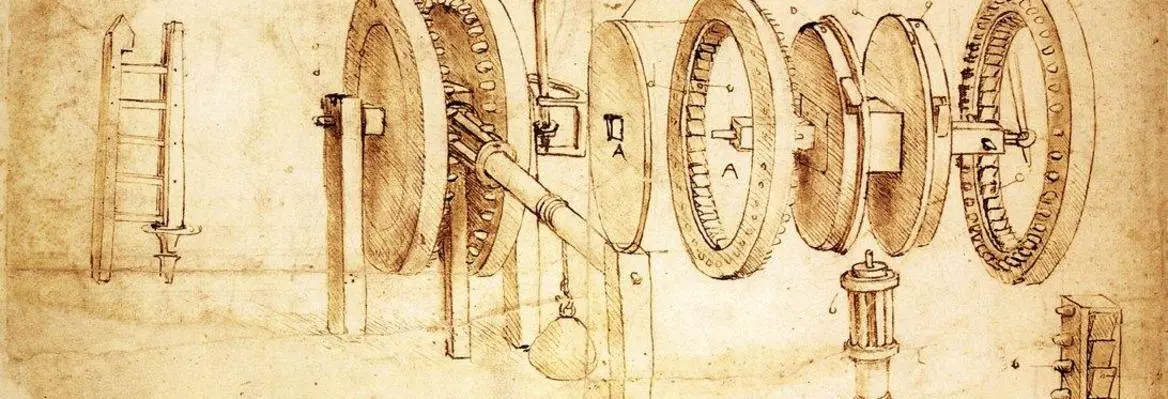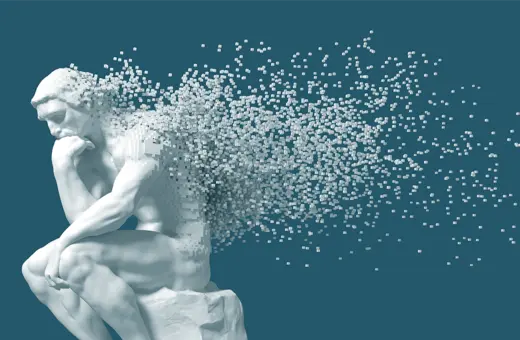The idea of a schism between art and science is a relic of an old myopic culture. The lazy assumption that science is founded in peer-evaluated, culturally neutral exactitudes while art is an indulgence of frivolous luvvies was not recognised in Leonardo's day and is barely credible in ours.
In his book, The Innovators, Walter Isaacson explains that today's digital visionaries have irreverent behavior patterns, despising authority and resisting tradition. Just like artists. These silicon-bohemians don't borrow, they steal: as Picasso said all creative types do. And, significantly, they value “art” as much as they value “science”.
Let's consider Eric Schmidt, one time director of Apple and now Chairman of Google. Schmidt’s expertise in developing distributed software technology has brought him a fortune of $7billion. Art News magazine recently reported Schmidt among the two hundred biggest collectors of modern art. These are individuals (many of them technology entrepreneurs) with collections typically worth more than $100m.
What happens is this. You make your fortune from being a “scientist” then retreat into the comforts of “art”. This is a one way street. I have thought and thought and cannot think of anyone who has made a fortune in art who has decided to commit the rest of his life to data compression technology.
Put it this way: Schmidt will not be spending his retirement surrounded by printed circuit boards. There’s something significant here. I’m not anti-science nor a technophobe. Nor a Google-sceptic. But it is worth mentioning that Google's science threatens ecology. With their continuous draw-down of 260m watts, Google's dirty server farms are the coal mines of the 21st century. Maybe the world would be better off if more of us spent time in low-energy studios, ateliers, garrets and rehearsal rooms.
The argument around art-versus-science has been around for a long time. In his 1870 Lectures on Art Ruskin said: “Life without industry is guilt. Industry without art is brutality”. Fifty years ago, CP Snow started the “Two Cultures” debate, deploring the technical illiteracy of the literati. (With his knowledge of nuclear physics and his novels, Snow himself was said to be “So well-rounded as to be practically spherical”).
I have sympathy for this. Leonardo da Vinci is a good person to have on one’s side. He is on mine. To Leonardo, painting could be treated as a science, while medicine was a creative exploration of nature.
But let's assume that art and science are distinct. How might they be judged? Personally, I admire open minds and eclectic interests. I think it’s atrocious that someone who knows Shakespeare (probably) does not, for example, know the Second Law of Thermodynamics. But there is a difference in quality. Thermodynamics only has limited metaphorical scope.
Ultimately, what we call art is superior to what we call science because:
1. Science merely measures nature.
2. Art aims to improve on it.
Science seeks to control, while art seeks to liberate.
Our distinguished geneticists promise great improvements for human-kind. The untidy unpredictability of Eros will give way to genetic screening. We may soon be able to avoid errors in mating, predict the date and cause of our own deaths and know the talents and inherited flaws of our children. Jesus’s “you know not the day or the hour” will give way to predictive and pre-symptomatic testing.















Join the conversation